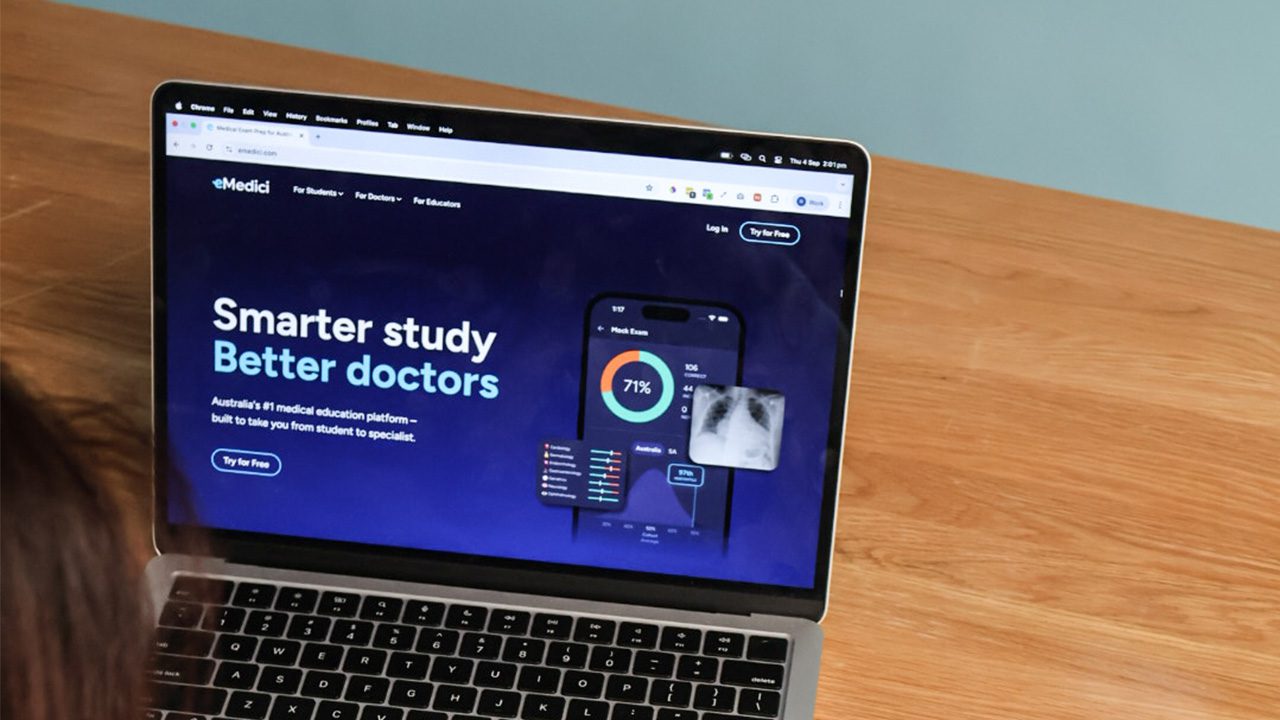Course Spotlight: Concussion. An Evidence Based Update
February 2, 2025
Taking Concussion Seriously
Concussions are a rising global health concern, and their implications extend far beyond the realm of sport. New research continues to highlight the potential for serious long-term impacts, such as cognitive decline, behavioral changes, and reduced social functioning. While the risks associated with repeated concussions in sports are well-documented, it is crucial to acknowledge that sports account for only a fraction of concussion incidents.
In Australia, concussion-related hospitalisations stem from a wide range of causes, including falls, transport accidents, and assaults. Primary health care providers are uniquely positioned to address the issue by remaining informed about emerging research, identifying the signs and risks of concussions, and educating patients on safety and prevention. There is an urgent need to take action to reduce the burden on individuals and the broader health system.
The Many Faces of Concussion in Australia
The narrative surrounding concussions often focuses on the sporting context, but this represents just one piece of the puzzle. According to recent data, sports contribute to only one in five hospitalisations for concussions. In fact, falls are the leading cause, accounting for 50% of concussion-related hospitalisations, with transport accidents and assaults also ranking highly.
The demographics most affected vary by cause. Adolescents and young adults aged 15–24 have the highest rates of concussion hospitalisations, particularly males, who make up 60% of these cases. Among children, boys aged 5–14 experience the highest rates of emergency department (ED) presentations, reflecting the heightened vulnerability of developing brains. Meanwhile, older adults aged 65 and over also show elevated rates of concussion, often linked to falls. Tailored prevention strategies that reflect these varied contexts are essential to mitigate both immediate injuries and long-term impacts.
Children and adolescents, whose developing brains are more susceptible to injury, require special attention. Evidence suggests that younger individuals take longer to recover from concussions, with potential long-term consequences for cognitive and emotional development, not to mention the rising evidence of chronic traumatic encephalopathy (CTE). Early intervention and age-appropriate care are critical to minimise these risks, whilst research continues to develop in this space.
Underreporting and Data Challenges
One of the most significant barriers to effective concussion management is underdiagnosis, and consequently, underreporting. Estimates from the Australian Institute of Sport suggest that up to 82% of concussions in certain sports go unreported, driven by a culture that prioritises performance over health. However, this phenomenon is not confined to the sporting field. Studies indicate that many individuals outside of sports also fail to report concussions, whether due to a lack of awareness and understanding of the symptoms, fear of repercussions, or insufficient education on the risks.
This widespread underreporting contributes to a substantial underestimation of concussion prevalence in Australia. Compounding the issue are data limitations in hospital and ED records, where information about the activity leading to the injury is often incomplete. For example, over half of concussion cases lack detailed activity data, making it challenging to draw accurate conclusions about trends and risk factors.
Health professionals can help bridge this gap by encouraging open conversations about head injuries, promoting awareness of the signs and symptoms, and advocating for improved data collection systems. Acknowledging and addressing these challenges is critical to advancing concussion research and care.
Primary Health Care Providers
General Practitioners (GPs) and allied health professionals play an integral role in the early identification, management, and prevention of concussions. Their responsibilities extend beyond clinical care to encompass patient education, advocacy, and community engagement.
The understanding of concussions is rapidly evolving, with new studies challenging conventional wisdom about diagnosis and management. For example, sub-concussive impacts—once considered benign—are now recognised as potentially harmful.
Accurate diagnosis is the cornerstone of effective concussion management. Updated assessment tools and protocols, such as neuropsychological tests and imaging, enable providers to identify concussions early and determine the severity of the injury. Referral to multidisciplinary teams for specialised care may also be necessary in complex cases.
Health professionals can play a key role in implementing and promoting safety measures, such as return-to-play and return-to-work guidelines. Ensuring that these protocols are evidence-based and tailored to the individual’s needs helps minimise the risk of further injury and supports long-term recovery.
Educating patients, families, and local communities about concussion prevention and management can have a significant impact. Initiatives such as school-based education programs and workplace safety campaigns can help raise awareness and foster a culture of safety.
The Broader Implications
The impacts of concussions extend far beyond the individual. In addition to the physical and emotional toll on patients, concussions impose significant financial costs on the health system. Annual spending on concussion-related hospital admissions exceeds $50 million, not including the indirect costs associated with lost productivity, long-term care, and reduced quality of life.
However, it is important to balance these concerns with the benefits of physical activity and sports participation. Research shows that the health advantages of regular exercise far outweigh the costs of injury. Strategies to reduce concussion risk, such as improved protective equipment, enhanced training protocols, and evidence-based safety guidelines, should focus on prevention rather than avoidance.
Your Brain Health
To support health professionals in addressing concussions effectively, programs like Your Brain Health: Concussion – An Evidence-Based Update offer valuable resources. Over 60 minutes, this online course provides a comprehensive overview of concussion management, from initial assessment to return-to-activity strategies. By equipping providers with the latest knowledge and tools, such initiatives empower them to deliver high-quality care and advocate for safer practices. Delivered by Australian organisation ‘Your Brain Health’, and available at your own pace, this course is designed to maintain your knowledge and understanding of the latest guidelines.
As research sheds new light on the risks and impacts of head injuries, health professionals must remain at the forefront of care, armed with the latest evidence and tools. For more information or to sign up for this course, visit https://app.medcpd.com/courses/4505
Australian Institute of Health and Welfare (2024) Concussions in Australia over the last decade, AIHW, Australian Government
Australian Institute of Health and Welfare (2021) Health service use for patients with traumatic brain injury, AIHW, Australian Government












